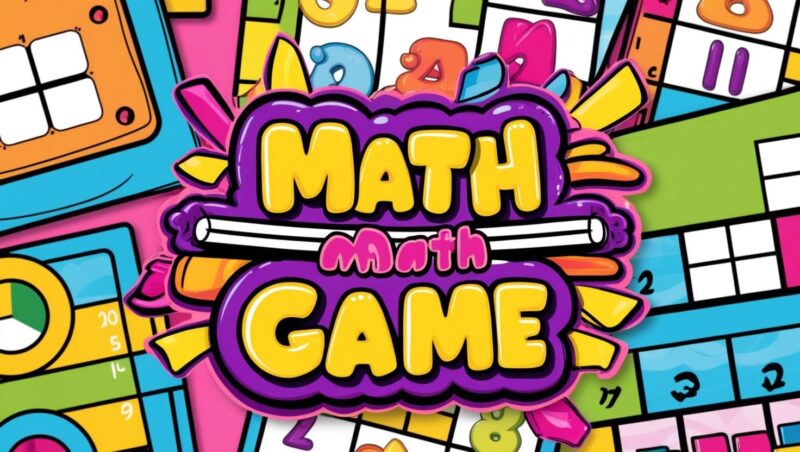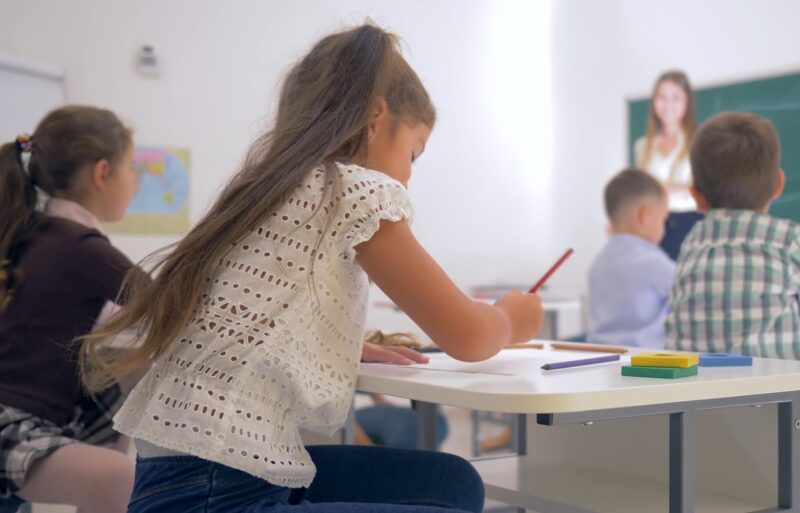
Share Post:
One of the best things we can do as parents, guardians, or mentors is to help kids grow in areas they’re passionate about. It’s exciting to see that natural spark when they find something they love, whether it’s drawing, playing an instrument, coding, or sports.
Nurturing those interests isn’t just about helping them improve at their chosen activity—it’s about fostering lifelong skills like discipline, perseverance, and creativity.
In this post, we’ll explore some strategies that can help your child get better at what they love. The goal isn’t to turn them into experts overnight but to create an environment where their passion can grow naturally. Ready? Let’s dive in!
Table of Contents
ToggleEncouraging a Growth Mindset

A growth mindset can make all the difference in helping kids stick with something, especially when things get tough. You might have heard of this idea from psychologist Carol Dweck—it’s the belief that abilities and skills aren’t fixed but can improve through effort, practice, and learning from mistakes. Some children display exceptional abilities, especially in mathematics. Learn more about how mathematically gifted children develop and the support they need to thrive.
As parents, we can help kids embrace challenges instead of avoiding them. Let’s say your child is learning to play the guitar and gets frustrated when a chord doesn’t sound right. Instead of saying, “I’m just not good at this,” a growth mindset reframes it as, “I can’t do this yet.”
How to Encourage a Growth Mindset
- Praise effort, not just results: Instead of focusing only on the final product, say things like, “I can see how much time you’ve put into this!”
- Share your own experiences: Talk about times when you struggled but eventually succeeded. It helps them see that mistakes are part of learning, not something to be feared.
Providing the Right Tools and Environment
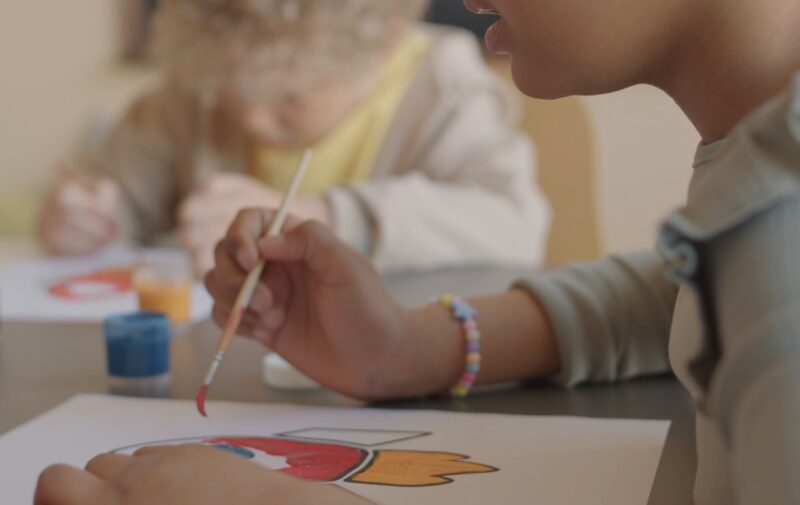
Kids do their best when they have the right tools and a supportive space to learn. It doesn’t have to be fancy or expensive, just thoughtful. If your child loves art, having a variety of materials like different paints or sketchbooks can go a long way.
The same goes for activities like science experiments or sports—having access to what they need helps keep the momentum going. One thing I’ve found helpful is creating a space where they can focus. It might be a quiet corner of the house, a desk in their room, or even a section of the living room—somewhere they associate with working on their craft.
How to Set Up for Success
- Rotate materials so they don’t get bored. If they’re into drawing, swap out different tools like watercolors one week and markers the next.
- Organize the space with everything they need nearby. If they don’t have to hunt down supplies, they’re more likely to dive into their work with enthusiasm.
Setting Clear, Achievable Goals

Passion is a great motivator, but having clear goals helps channel that passion into progress. Breaking big dreams into smaller steps makes the whole process less overwhelming. Let’s say your child loves piano and dreams of playing in a recital someday.
Setting a short-term goal, like learning a new song within two weeks, can give them something specific to aim for while working toward that big dream. Kids also love seeing their progress visually. A chart, a journal, or even stickers can help mark each milestone, no matter how small.
Tips for Setting Goals
- Start small: Focus on something tangible like learning one new skill a week.
- Track progress visually: Younger kids might love sticker charts, while older ones could use a journal or app.
Consistent Practice and Routine
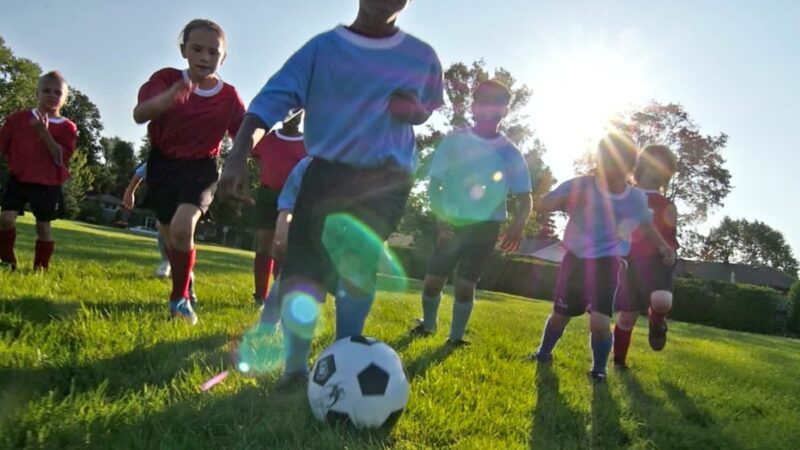
We all know that practice makes perfect, but it’s the consistency that really helps kids improve. The key here is balance—it’s great to encourage daily practice, but over-scheduling can lead to burnout.
A routine where there’s room for rest and play makes practice feel like a natural part of their day, not a chore. For example, if your child loves soccer, scheduling time a few days a week for drills or practice can keep the skills fresh. Mix in fun, unstructured play too—it all adds up.
Ways to Keep Practice Consistent
- Create a routine: Block out regular time for their favorite activity, but make sure they still have downtime.
- Incorporate variety: Vary their practice sessions with new techniques or challenges to keep things interesting.
Offering Positive Reinforcement

Kids thrive on positive reinforcement. When they see their effort recognized, it fuels their desire to keep going. But it’s important to be specific. Instead of a vague “Good job,” try “I love how you worked through that tough part!”
It not only praises their work but also reinforces the value of persistence and focus. Constructive feedback is equally important. If they’re struggling, offer tips on how they can improve without making them feel like they failed. Balance your feedback by highlighting what they did well first, then gently pointing out what they can work on.
How to Offer Reinforcement
- Focus on effort over outcome: Let them know you see how hard they’re trying.
- Be specific with praise: Highlight what they did well, like, “Your shading has really improved!”
Encouraging Independence and Problem-Solving
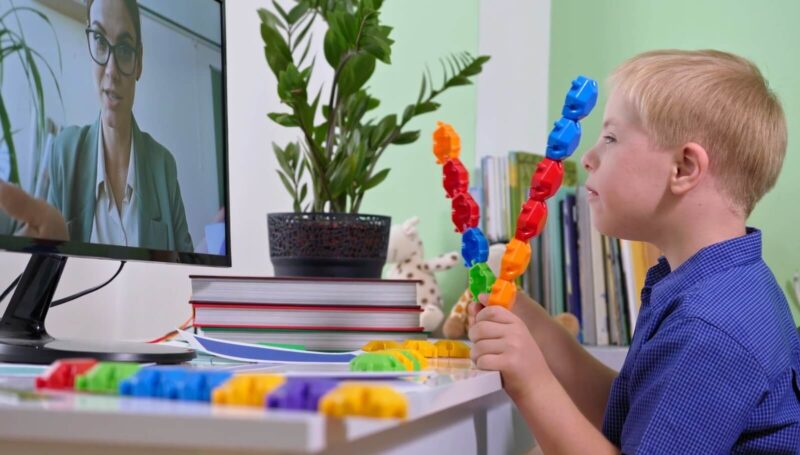
Letting kids take the reins in their learning is a great way to build independence. Sure, it’s tempting to step in and help when they hit a wall, but sometimes it’s better to let them puzzle through it on their own. Give them space to make decisions, make mistakes, and figure out solutions. It’s all part of the process.
Ask open-ended questions like, “What do you think we should try next?” to prompt them to think through the problem. This helps them develop critical thinking skills that are important not just for the activity they’re working on, but for life in general.
Fostering Independence
- Offer choices: Let them decide how to approach a project or activity. Giving them ownership can spark more motivation.
- Encourage self-reflection: Ask questions like, “What could you do differently next time?” to help them think through their challenges.
Exposure to Different Experiences and Learning Styles

Sometimes, the best way to help a child improve at something they love is to introduce them to new experiences that stretch their thinking. For instance, if they’re passionate about music, taking them to live performances or exposing them to different genres can open up new ideas.
Kids also have different ways of learning. Some are visual learners, others learn by doing. Observing how your child best absorbs information helps you tailor their learning experience. Some children naturally lean toward creativity, intuition, and artistic expression—traits often linked to right-brain dominance. If your child tends to think outside the box, prefers creative approaches, or relies more on intuition than logic, you might be interested in learning more about the characteristics of right-brain dominant individuals and how their unique thinking patterns shape their learning and problem-solving skills.
Broadening Horizons
- Expose them to diverse experiences: Attend workshops, go to events, or even explore online resources together.
- Mix up learning styles: Try a variety of approaches—watch videos, read books, or engage in hands-on activities.
Encouraging Collaboration and Social Interaction
Learning alongside others can offer a different type of growth. Working with peers who share similar interests teaches kids valuable social skills like communication and collaboration. Maybe your child is into coding—joining a coding club where they can bounce ideas off others or work on group projects helps them grow both socially and intellectually.
Plus, when kids teach others what they know, it reinforces their own understanding and builds confidence. So, don’t hesitate to encourage social learning opportunities.
Ways to Foster Collaboration
- Get them involved in groups: Whether it’s a sports team, club, or group class, engaging with peers helps them learn from others.
- Encourage teaching moments: Ask your child to show you or their friends what they’ve learned—it helps solidify their knowledge.
Final Words
Helping kids get better at what they love is a journey, not a race. By focusing on their passions, providing the right environment, and encouraging consistent practice, you’re setting them up for success.
More than that, you’re helping them build confidence, resilience, and a love for learning that will last a lifetime. So, let’s celebrate their efforts, give them the tools to explore, and be there to cheer them on every step of the way. After all, there’s nothing better than watching them grow into who they’re meant to be.
Related Posts:
- The Best Math Challenges for Kids in 2025 & How to Get Ready
- High-Paying Jobs You Can Get with a Math Degree in 2025
- Algebra 2 Essentials in 2025 – Must-Know Concepts & Skills
- Why Are Kids Struggling with Math in School? What’s…
- Connectivism Learning Theory - How Kids Learn by…
- Why Microlearning Is a Great Way for Kids to Learn…










